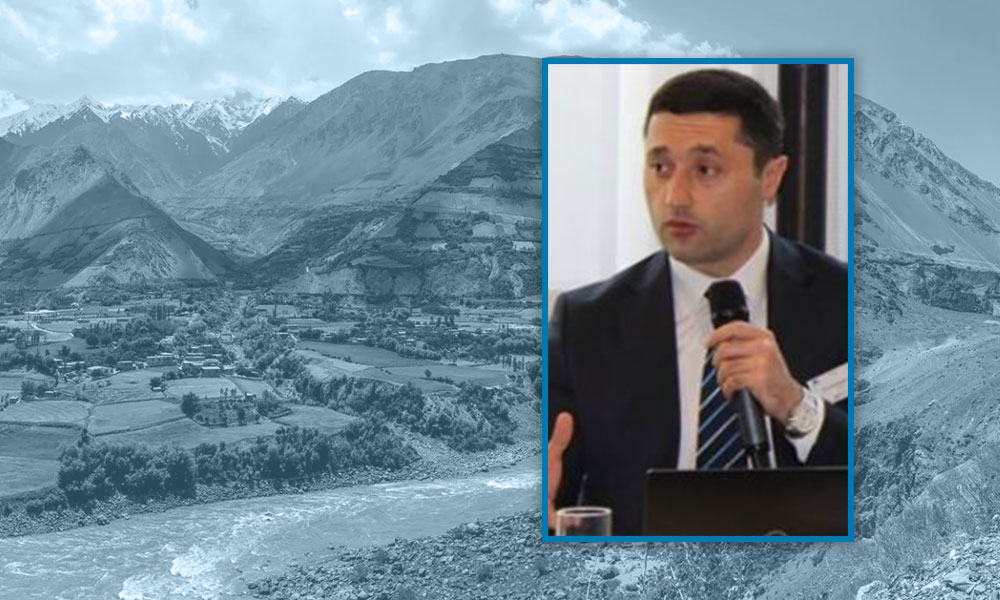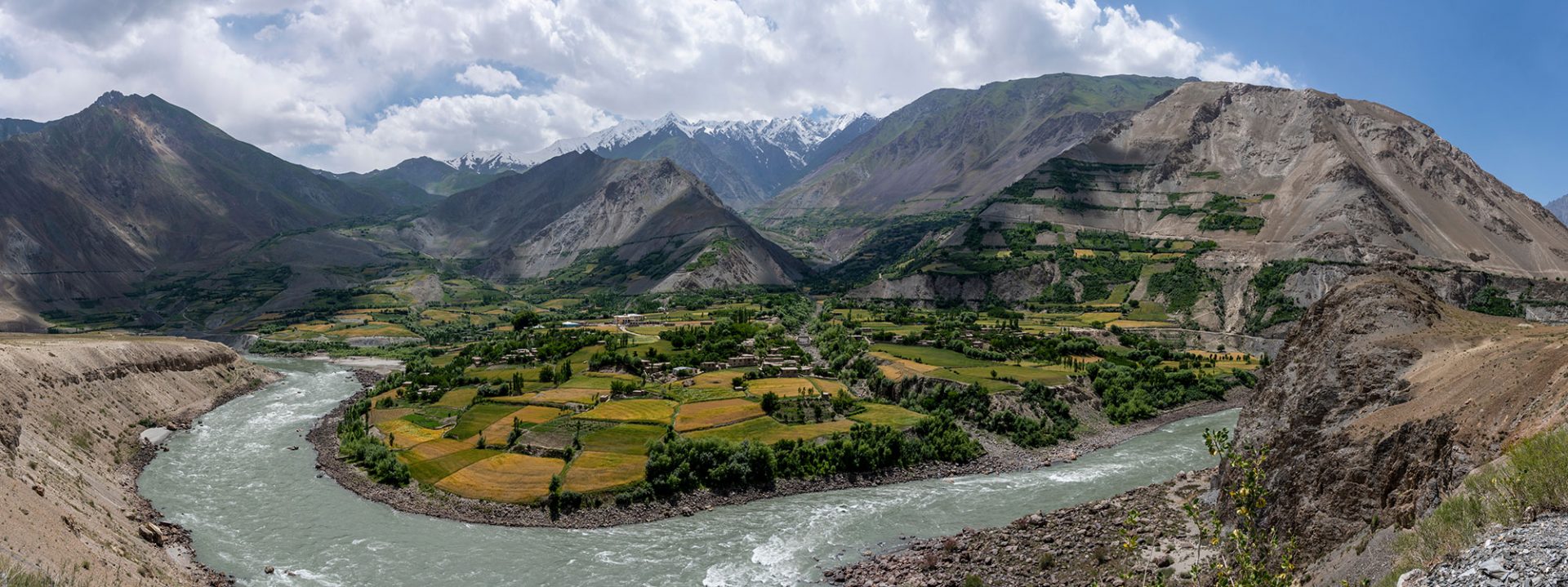Welcome from Central Asia and Afghanistan

As the Executive Director of CAREC, co-convener of the Women in Water Management Network, Zafar Makhmudov explains why this new network is key for the future of water governance.

Current water management in Central Asia, from the grassroots community water users and basin level to national level does not take into account that women are the primary water users at the community level. At the national level, there are no policies envisioned to increase participation of women in water governance issues, and there are few female managers in the various water resources ministries. It is also clear that women have no access to organizations adequately representing their interests in water management at the regional level.
Our experience shows that involving both women and men in integrated water resources initiatives can increase project effectiveness and efficiency. Participation by both women and men improves project performance and improves the likelihood of sustainability. At CAREC we are proud to enhance our support to women water decision makers through the Women and Water Management Network.
Zafar Makhmudov, Executive Director, Regional Environment Centre for Central Asia (CAREC), co-convener of the Women in Water Management Network
Meet the Network
The Network works to support a community of practice for women water experts engaged in different aspects of transboundary water cooperation processes in Central Asia and Afghanistan.
Read more









